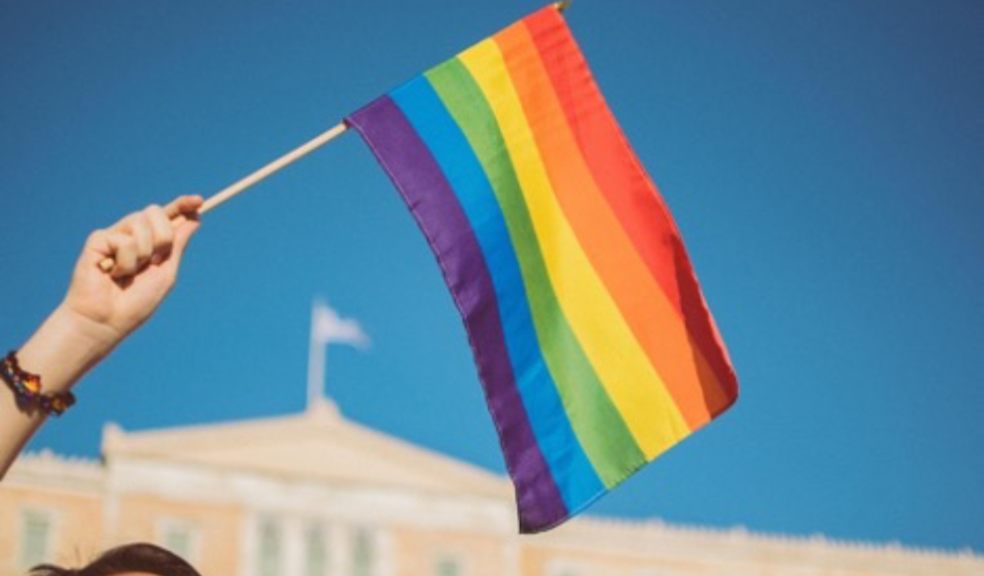
World Cup evokes strong opinions, with many in the UK opposed to Qatar hosting the tournament over anti-gay laws
A large majority of people in Britain think the World Cup should not be held in Qatar because of its position on LGBTQ+ rights. A recent poll found that only 43% of people think that England and Wales should take part, while 39% think they should not.
Homosexuality is illegal in Qatar, attracting punishments of up to seven years in prison. Despite this and other serious human rights concerns, FIFA members voted in 2010 to award the 2022 tournament to the Gulf state.
FIFA president Gianni Infantino and general secretary Fatma Samoura have asked all nations competing in the World Cup to not allow football to be dragged into every ideological or political battle that exists, stating that they wish for football to take centre stage. However, this is hard for many to accept, considering the current human right concerns that are rife in Qatar currently – from concerns surrounding migrant exploitation, women’s rights and freedom of expression to sexual orientation.
The campaign group Human Rights Watch said recently that Qatari residents risked persecution if they stood up for LGBTQ+ rights, and concerns have been raised about the safety of foreign LGBTQ+ fans or others showing solidarity by carrying a rainbow flag, for example.
Despite all this, Qatar officials have claimed that the country is safe for LGBTQ+ fans and players to come and visit during the World Cup, stating that everyone will be welcome in Qatar, regardless of origin, background, religion, gender, sexual orientation and nationality. While they have emphasized how LGBTQ+ fans would need to respect Qatari laws, training of security personnel has been taking place to make sure that things that are culturally different are seen as acceptable in that time frame.
Being an Islamic country, laws and regulations surrounding many aspects of daily life are different to those in the Western world. Not only is homosexuality illegal in Qatar, but things like gambling, both land-based and online casino games, as well as sports betting are illegal, along with drinking alcohol. With some of these going hand in hand with football, particularly sports betting and alcohol, those who are considering visiting Qatar for the 2022 World Cup will need to be mindful of many other local laws and customs too.
With Qatar expecting more than one million visitors for the World Cup, it is not just LGBTQ+ fans who people are concerned about. Qatari laws discriminate against women too. For many, in 2022 it is deeply distressing that a country with such serious human rights concerns is rewarded with the rights to host one of the world’s largest sporting tournaments.
The message which appears to be coming out of this, from the public, is that FIFA should be placing human rights at the forefront of their minds when picking future tournament hosts.




















